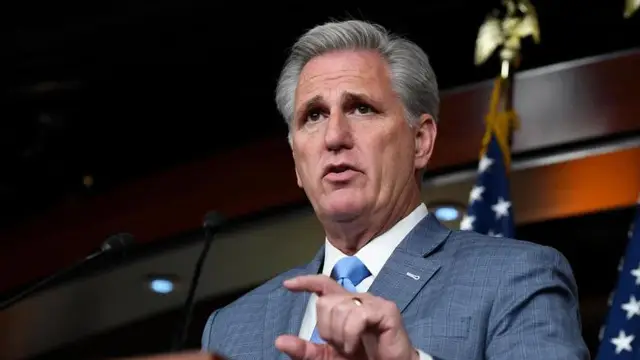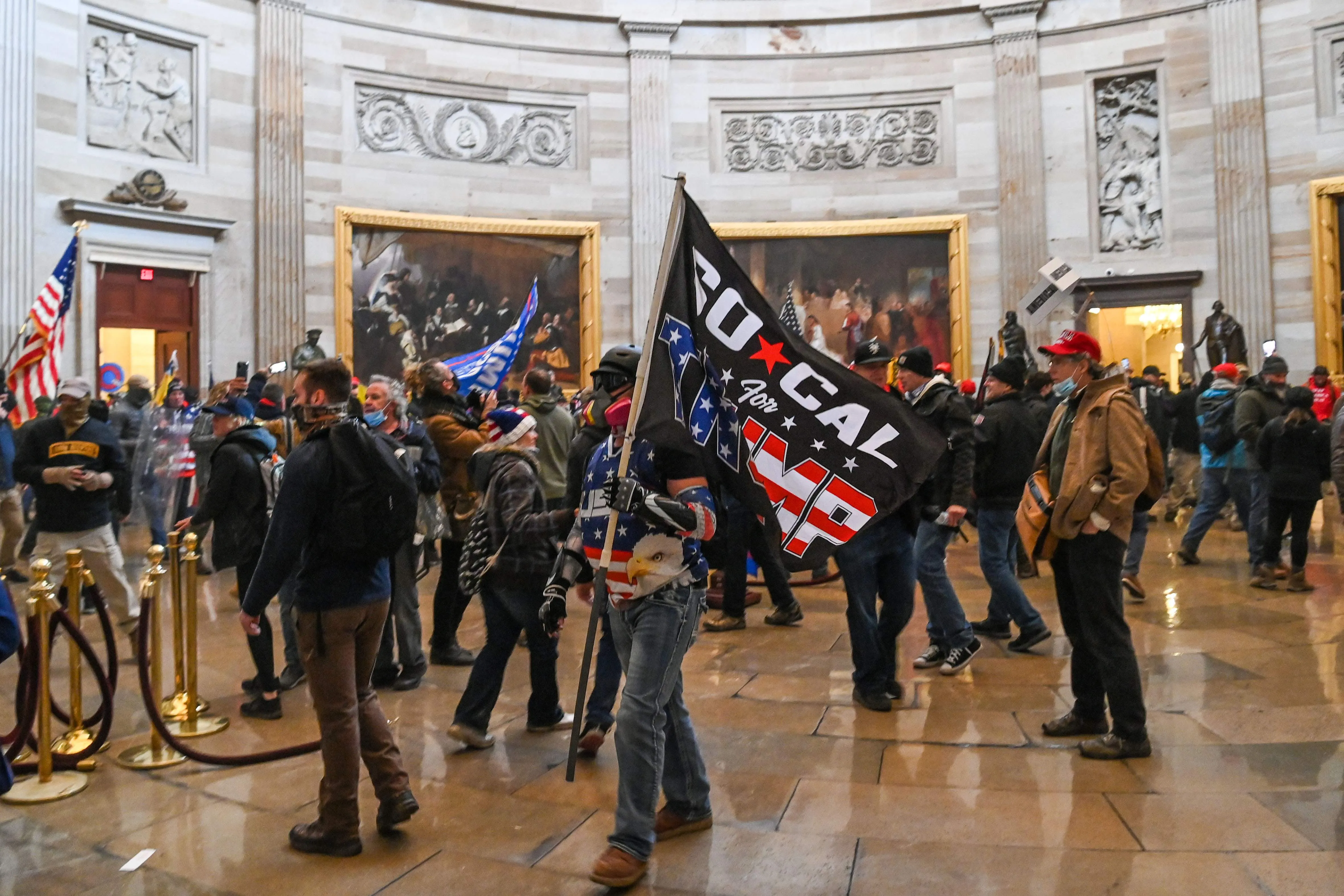The House Freedom Caucus has issued a stunning indictment of the Senate-passed GOP megabill, revealing a financial recklessness that could cost taxpayers dearly. As the party grapples with dissent from its right flank, the implications of this legislation could destabilize the economy and deepen the suffering of vulnerable communities across the nation.
House Freedom Caucus Rebels Against Leadership
In a memo circulating among House members, the Freedom Caucus has expressed deep dissatisfaction with the modifications made to the original bill after its passage in May. Citing over a dozen alterations, the group argues that the Senate"s version of the bill undermines the party’s commitment to fiscal responsibility and conservative principles. The memo states that the bill increases the deficit by an astonishing $761 billion without accounting for interest, and more than $1.3 trillion when interest is included. This stark deviation from the promised framework of $1 of tax cuts for $1 of spending cuts raises serious questions about accountability within the GOP.
Tax Cuts for the Wealthy at the Expense of the Middle Class
According to recent reports, this megabill extends tax cuts from the Trump administration while introducing new tax breaks that disproportionately benefit the wealthy. This approach not only endangers essential services but also perpetuates economic inequality, effectively transferring wealth from the working class to the already affluent. The consequences are dire: a potential increase in the number of uninsured Americans, exacerbating the ongoing healthcare crisis as reported by NPR.

Kevin McCarthy holds weekly press conference| Latest News Videos | Fox N…
GOP"s Internal Conflict Reveals Divisions
The struggle within the GOP is a glaring testament to the party"s internal contradictions. While leadership figures such as Senate Minority Leader John Thune and House Speaker Mike Johnson attempt to rally support, hard-liners are pushing back against what they perceive as a betrayal of core values. Representative Chip Roy of Texas has publicly voiced his concerns, stating that the bill “increases deficits and violates the terms of the framework,” highlighting the growing discontent among the party"s base. As reported by the New York Times, this internal strife raises the specter of further political fragmentation within the GOP, a party already struggling with its identity post-Trump.
Constitutional Ramifications and Civil Rights Concerns
From a civil rights perspective, the implications of this megabill extend beyond mere economics. It threatens to undermine the social safety net that has been a lifeline for countless families. As a former civil rights attorney, I recognize the importance of equitable access to basic services, including healthcare and education. The projected cuts to programs like Medicaid, as indicated by NPR, will disproportionately affect marginalized communities, further entrenching systemic inequalities.

Photos show protest at US Capitol as rioters storm building
Call to Action for Progressive Leaders
In the face of this GOP strategy, progressive leaders must step up to advocate for a fairer economic framework that prioritizes the well-being of all Americans, not just the privileged few. The current trajectory of the megabill serves as a clarion call for those committed to social justice and equity. The need for a collective response to protect the rights and livelihoods of the most vulnerable is more urgent than ever. We must not allow the political machinations of a divided Republican Party to dictate the future of our democracy and civil rights.



![[Video] Gunfire between Iraqi security forces and Sadr militias in Baghdad](/_next/image?url=%2Fapi%2Fimage%2Fthumbnails%2Fthumbnail-1768343508874-4redb-thumbnail.jpg&w=3840&q=75)
